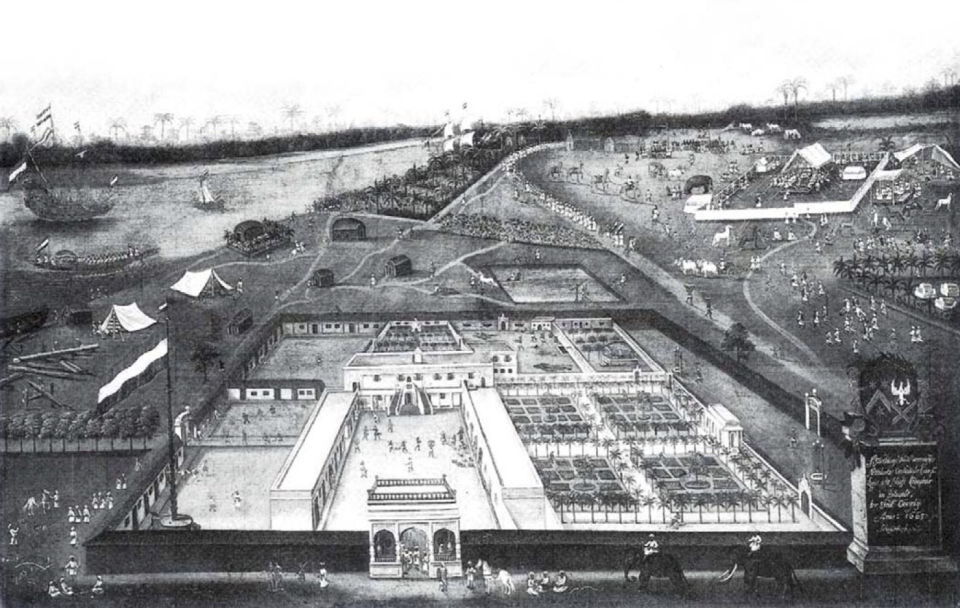The article discusses the imposition of European models of architecture and urban planning within India, as well as the negotiations and compromises that took place in shaping colonial urbanism. Insights from multiple analytical and theoretical frameworks are used in the article, and it draws from post-structuralism and theories of dependent urbanism to provide an explanation for imposition architecture and urban planning as instruments of domination, subjugation, and control, and the discourses that accompanied such practices. Postcolonial theory provides the analytical inspiration for explaining the resistance offered by the indigenous population against the domination, subjugation, control and negotiations and compromises that took place in shaping colonial urbanism. Insights of postcolonial theory are also used for discourse analysis carried out in the article. Drawing from theories of dependent urbanism, the article examines how the changing nature of the international political and economic landscape, and internal political situation, as well as motives for colonization, influenced the European settlement patterns.
